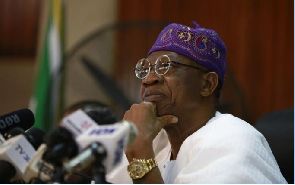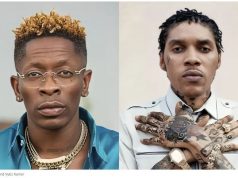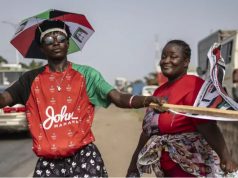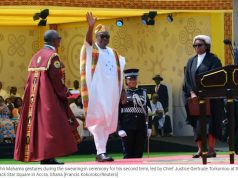A Nigerian minister accused the government’s political opponents of sponsoring a campaign for secession in part of southeast Nigeria formerly known as Biafra, where unrest has been rising.
Secessionist sentiment has simmered in the southeast since the Biafra separatist rebellion plunged Africa’s most populous country into a civil war in 1967-70 that killed an estimated one million people.
Campaigners from the Indigenous People of Biafra (IPOB) have intensified calls for secession since their leader, Nnamdi Kanu, was released on bail in April. He was detained nearly two years on charges of criminal conspiracy and belonging to an illegal society.
The military on Friday labelled IPOB a “terrorist organisation” after a week in which it was accused of surrounding Kanu’s home in the southeastern Abia state, which it denied, and a curfew was imposed in the state.
Lai Mohammed, the information minister, said late on Sunday that IPOB was set up as “a tool to destabilise the nation” sponsored by people he called a “coalition of the politically disgruntled and the treasury looters”.
“They believe that by sponsoring this group to destabilise the country and trigger chaos, they will realise their ambition of escaping justice and then be free to dip their hands into the nation’s treasury again,” he said.
He did not accuse any people or groups by name.
The minister also said Kanu had previously publicly supported Nigeria’s unity when President Muhammadu Buhari’s predecessor, Goodluck Jonathan, was in power.
Buhari’s administration, formed from his All Progressives Congress (APC) party, took office in May 2015. The opposition People’s Democratic Party (PDP) ruled for 16 years prior to Buhari coming to power.
A number of former government officials have faced corruption charges, which they have denied, since Buhari took office. The PDP has accused the president of mounting a witch-hunt against its members.








